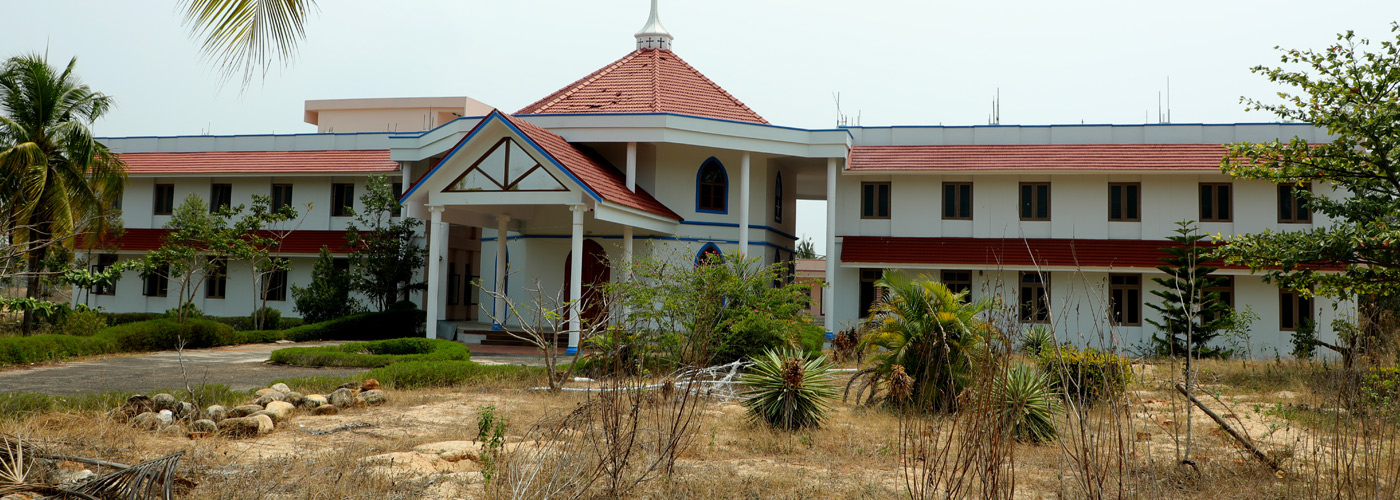

Family : Combretaceae
Synonym : Terminalia badamia DC.
Common Names : Badam, Indian almond tree, Java almond
Flowering Period : March – January
Distribution : Malaysia to North Australia, commonly planted in the tropics
Habitat : Grown as ornamental tree
Uses : Nut edible, ayurvedic. The fruit is helpful in the treatment of Leprosy, headache and reduces nausea. It cures sexual dysfunction particularly in men like premature ejaculation and hypersexuality.
Key Characters:
Terminalia catappa are trees often buttressed; bark brownish to grey. Leaves simple, alternate, densely clustered at the tip of branchlets; lamina obovate, margin entire. Flowers polygamous, white or yellowish-green, in axillary simple; calyx tube, pubescent, expanded portion cupular, teeth 5, triangular or ovate; petals absent; stamens 10; anthers oblong; ovary inferior, 1-celled, ovule pendulous. Fruits a drupe, broadly ellipsoid to ovoid, laterally compressed, inflated, brown or reddish-brown, glabrous, glossy.
